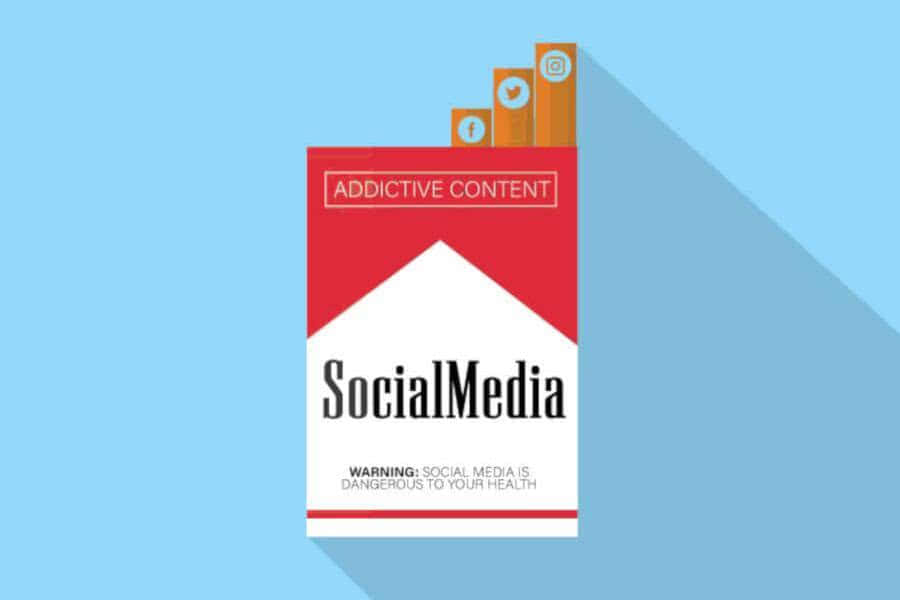Welcome to 2024, a time where mornings no longer begin with getting ready for the day. Instead, many of us instinctively reach for our phones the moment we open our eyes. Within minutes, we’re mindlessly scrolling through Instagram, Twitter, or Snapchat, checking notifications and messages.
For some, social media has become such an addiction that even bathroom breaks are accompanied by endless scrolling. This behavior, while normalized, is taking a serious toll on our mental and emotional well-being.
Let’s explore how social media addiction affects us and why breaking free is crucial.
1. Distorted Self-Image
Social media fosters a constant craving for attention and validation. When posts don’t receive enough likes or comments, it can negatively impact self-esteem. This, paired with the habit of comparing ourselves to others online, often leads to feelings of inadequacy.
During my Instagram days, I found myself obsessively comparing my life to the perfectly curated lives of others. It made me desire things I didn’t truly need, based on unrealistic portrayals. What I eventually realized was this: just because someone’s life looks perfect online doesn’t mean it’s better than yours.
2. Decreased Productivity
Social media is a time thief. Scrolling through your feed often consumes hours without you even noticing. This lost time leads to procrastination, unfinished tasks, and heightened stress levels.
I used to start scrolling before bed, telling myself it would just be a few minutes. Before I knew it, I’d wasted nearly an hour that could have been spent getting proper rest.
3. Loneliness and Isolation
While social media connects us with millions of people, it often lacks true depth. Spending too much time online can reduce our face-to-face interactions, leaving us feeling isolated.
It’s easier to text someone than to engage in real-life conversations. Unfortunately, this preference for digital interactions took a toll on my social skills. Talking to people face-to-face became a challenge I had to work hard to overcome.
4. Fear of Missing Out (FOMO)
FOMO is one of the most toxic effects of social media.
Seeing a friend post about a group hangout I wasn’t invited to used to ruin my entire day. I’d feel excluded for hours, constantly questioning my relationships. This fear can make us chase after things we don’t really want or spend time with people who aren’t right for us—all to avoid missing out.
Breaking Free from Social Media Addiction
The negative impacts of social media addiction don’t stop here. It can disrupt sleep, damage relationships, and even lead to financial strain through unnecessary spending.
If you’re addicted to platforms like Instagram, Twitter, or Snapchat, it’s time to take control. Here’s how:
1. Delete It
If social media is affecting your mental health, consider removing it from your life altogether. When I deleted Instagram, my mental health improved significantly. I’m grateful for the decision—it’s made a world of difference.
2. Use It Strategically
If quitting isn’t an option, shift your perspective. Instead of being a consumer of content, become a producer. Post valuable content, grow your account, and even monetize it. Take advantage of the fact that others are addicted to consuming content, but don’t fall into the same trap yourself.
Final Thoughts
Social media addiction is a real issue with real consequences. However, by understanding its dangers and taking proactive steps, you can regain control of your life. Whether you choose to quit completely or use social media strategically, the key is to ensure it serves you—not the other way around.
Let’s break free from the scroll and start living with intention.
